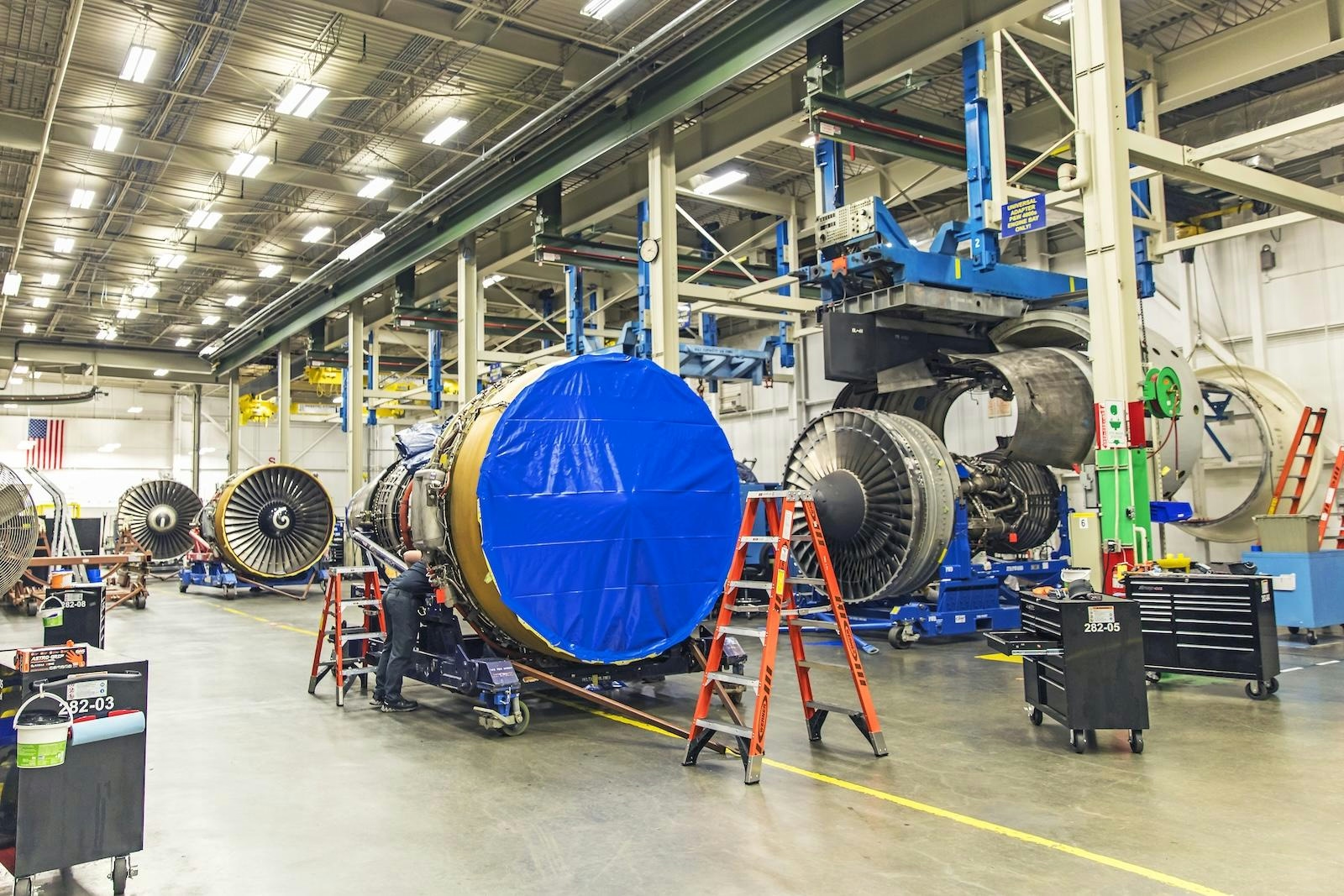
AeroGenie - مساعد الطيار الذكي الخاص بك.
الرائج الآن
Categories
Lufthansa to Cut 4,000 Jobs Amid AI-Driven Industry Changes
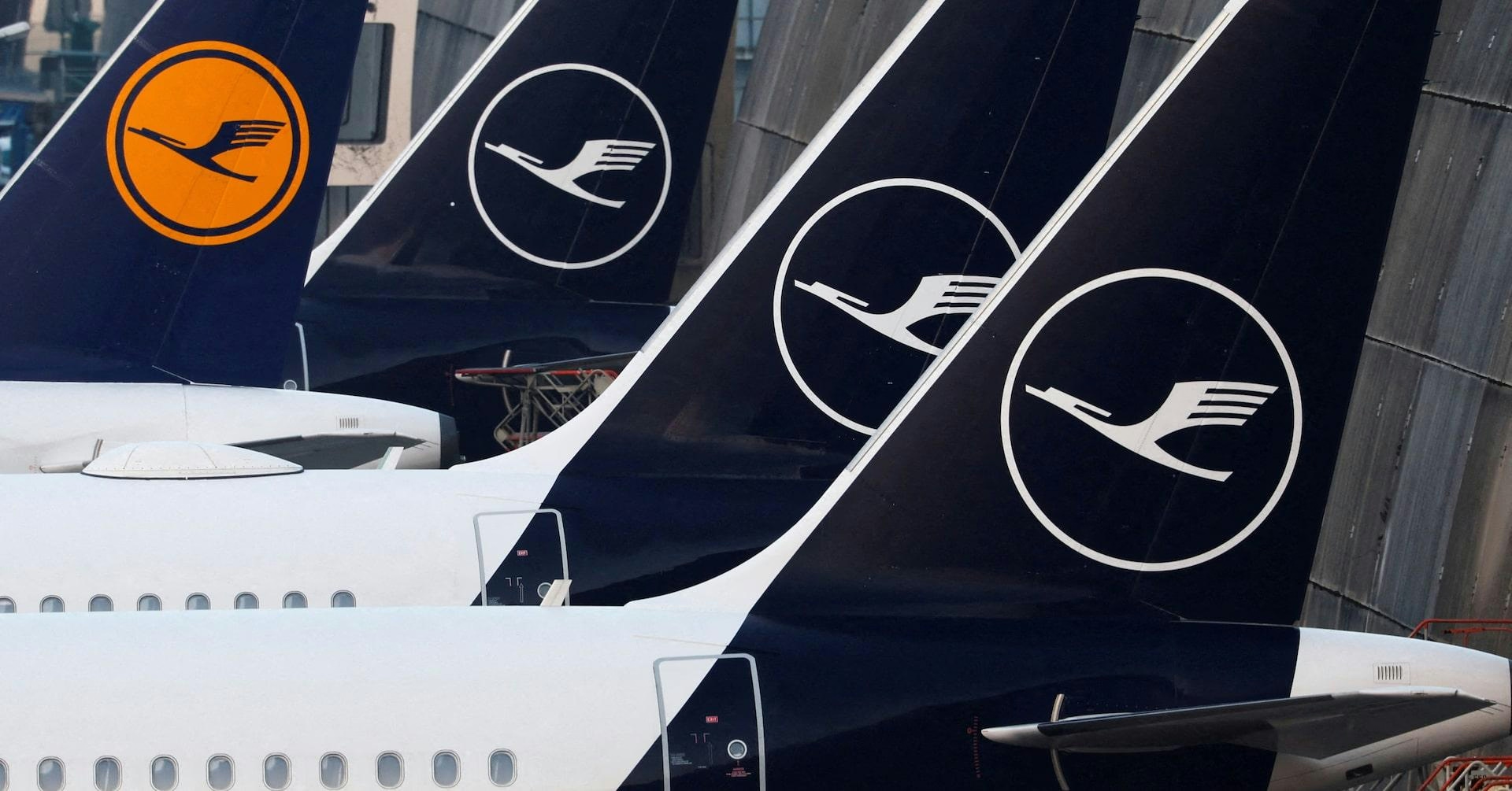
Lufthansa to Cut 4,000 Jobs Amid AI-Driven Industry Transformation
Lufthansa, one of Europe’s largest airlines, has announced plans to reduce its workforce by approximately 4,000 full-time positions by 2030 as part of a comprehensive restructuring effort. This decision reflects the broader transformation sweeping the aviation sector, driven by advances in artificial intelligence (AI) and automation that are reshaping airline operations globally.
Strategic Restructuring and Operational Shifts
The German carrier disclosed the job cuts during its recent Capital Markets Day in Munich, specifying that the majority of affected roles will be administrative positions based at its headquarters. Lufthansa emphasized that this reduction is a critical component of a wider strategy aimed at enhancing operational efficiency and profitability. Central to this strategy is the adoption of digitalization and AI technologies, which are enabling the automation of routine tasks and the elimination of redundant functions.
In addition to workforce reductions, Lufthansa plans to deepen the integration of its network airlines and place greater emphasis on point-to-point services, maintenance, and freight operations. The company highlighted that technological advancements are facilitating streamlined workflows, thereby reducing the need for traditional administrative staff.
Industry-Wide Trends and Reactions
Lufthansa’s move aligns with a growing trend among major corporations leveraging AI to optimize their labor forces. For instance, financial services firm Klarna recently cut its headcount by 40%, attributing much of the reduction to AI-driven efficiencies. Similarly, Salesforce eliminated 4,000 customer support roles as it incorporated AI solutions, with CEO Marc Benioff noting the diminished necessity for human intervention. Consulting firm Accenture has adopted a more direct approach, with CEO Julie Sweet announcing plans to phase out employees unable to transition into AI-integrated roles, focusing instead on upskilling adaptable personnel.
Despite the momentum toward automation, Lufthansa’s announcement has met resistance from the German trade union Verdi. The union criticized the planned job cuts, arguing that they threaten employee security amid rising aviation costs and increasingly stringent environmental regulations. Verdi contends that such reductions could exacerbate challenges already facing the sector.
Financial Outlook and Market Response
Lufthansa remains confident in its financial prospects, setting ambitious targets that include an adjusted operating margin of 8-10% by 2028, an increase from its previous goal of 8%. The airline anticipates sustained demand and profitability as it transitions to a leaner, more technologically advanced workforce.
Investor reaction to the restructuring has been largely positive. Following the announcement, Lufthansa’s shares rose by 0.9% and have gained 25% since the beginning of the year, reflecting market confidence in the company’s strategic direction. Financial analysts, including those at UBS, have praised the airline’s revised long-term targets, noting that they surpass market expectations and underscore a firm commitment to AI-driven efficiency.
As Lufthansa and other industry leaders continue to embrace automation, the aviation workforce faces significant transformation, underscoring both the opportunities and challenges presented by an AI-powered future.
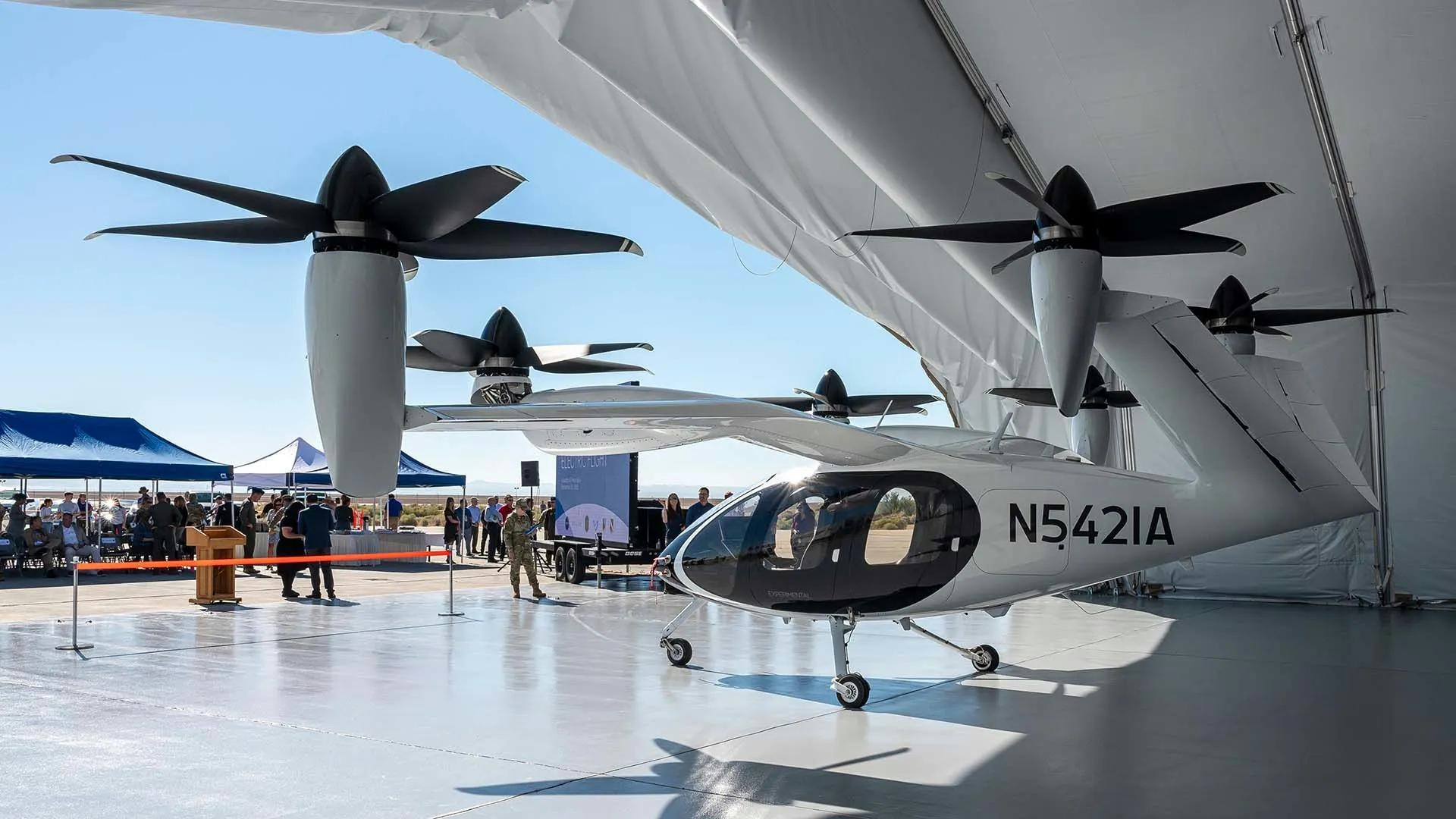
Toyota-Backed VTOL Company Plans 25 Vertiports Across the U.S.
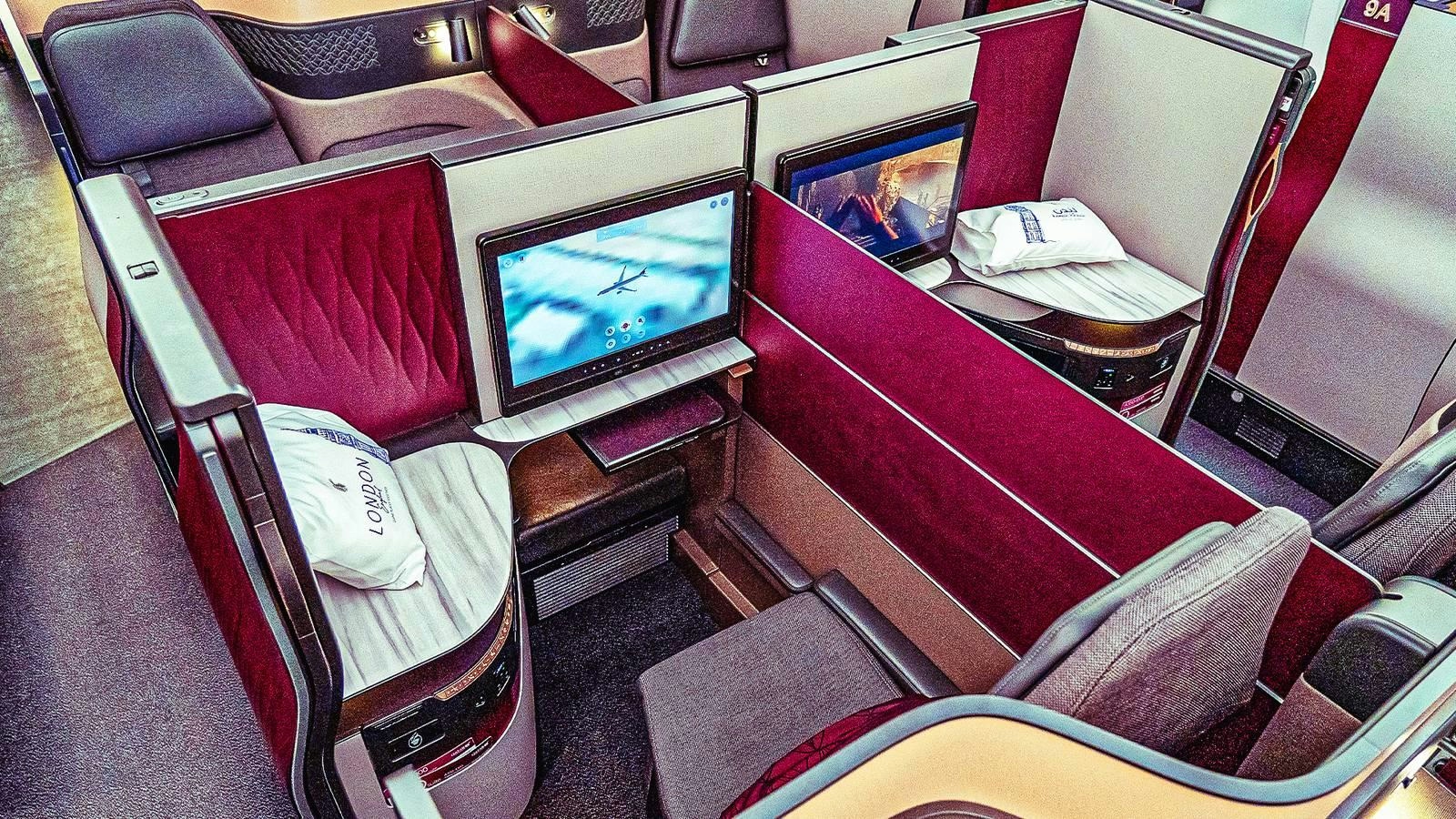
Top Widebody Business Class Seats Available for Booking
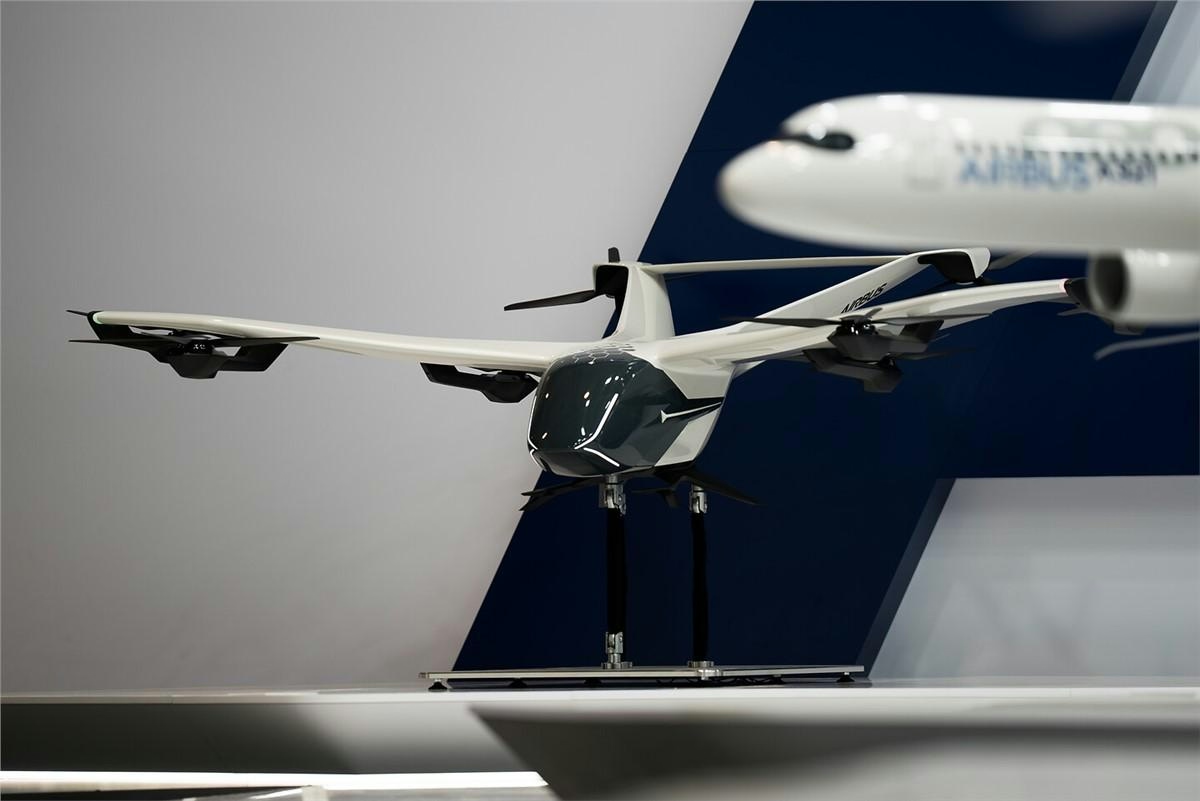
The Airbus Model: Successes in Civil Aviation and Challenges in Defense and Innovation

Bosnian Aircraft Engine Overhaul Company Launches New Projects

How AI Helped Uncover Airline Pricing Strategies and Reduce Costs
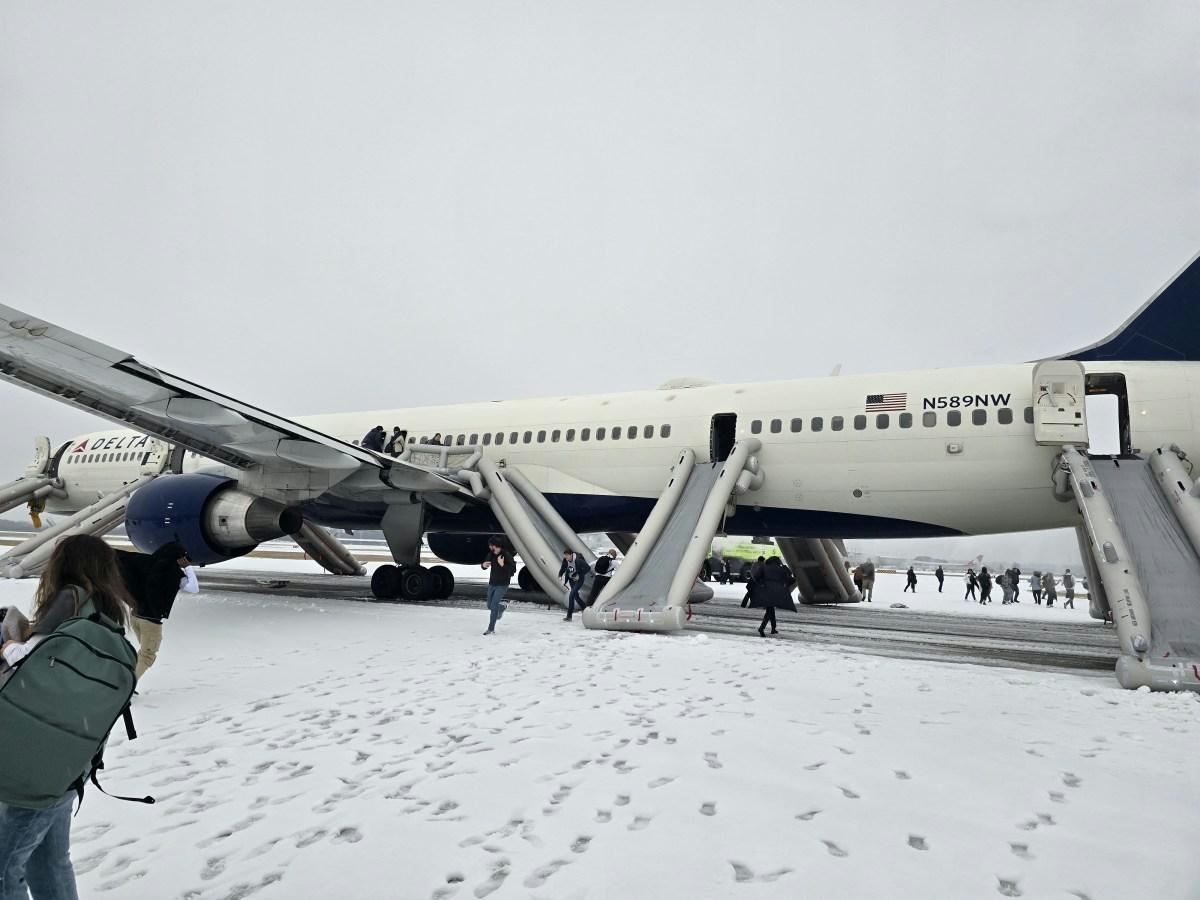
Delta Flight Returns to Atlanta After Engine Issue
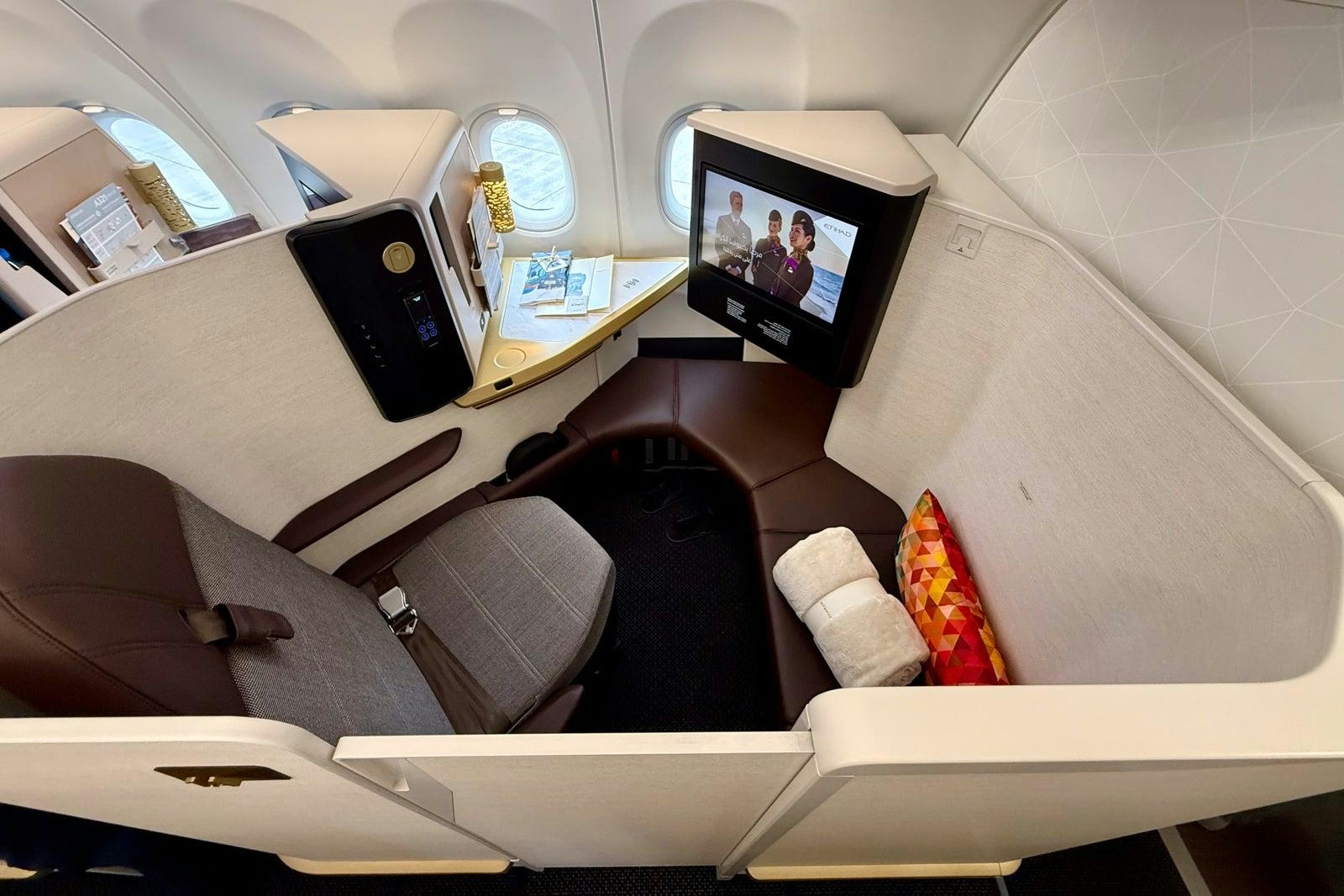
Etihad Airways Introduces New A321LR with Enhanced Comfort
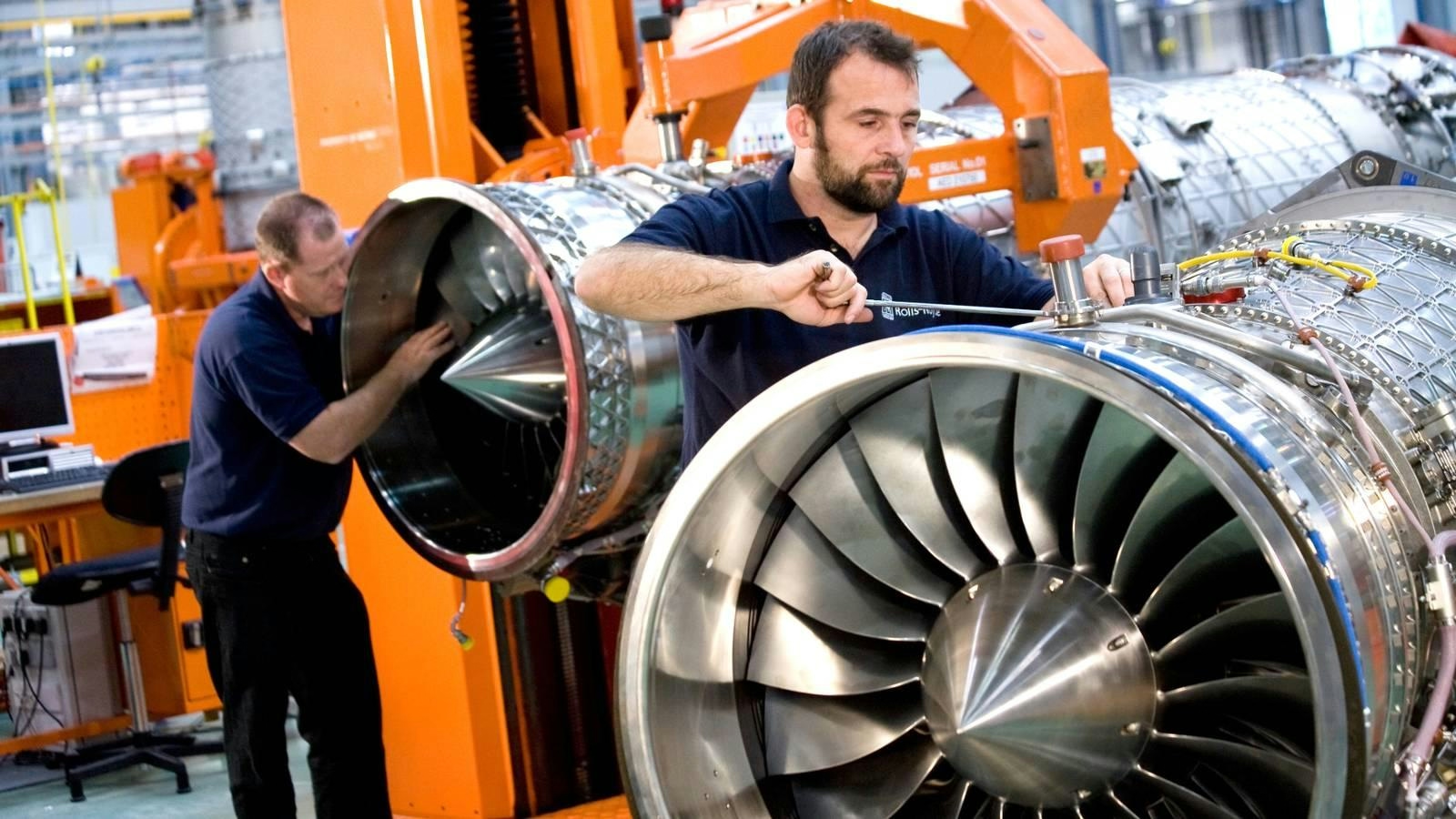
Rolls-Royce Considers India for Aircraft Engine Production Hub
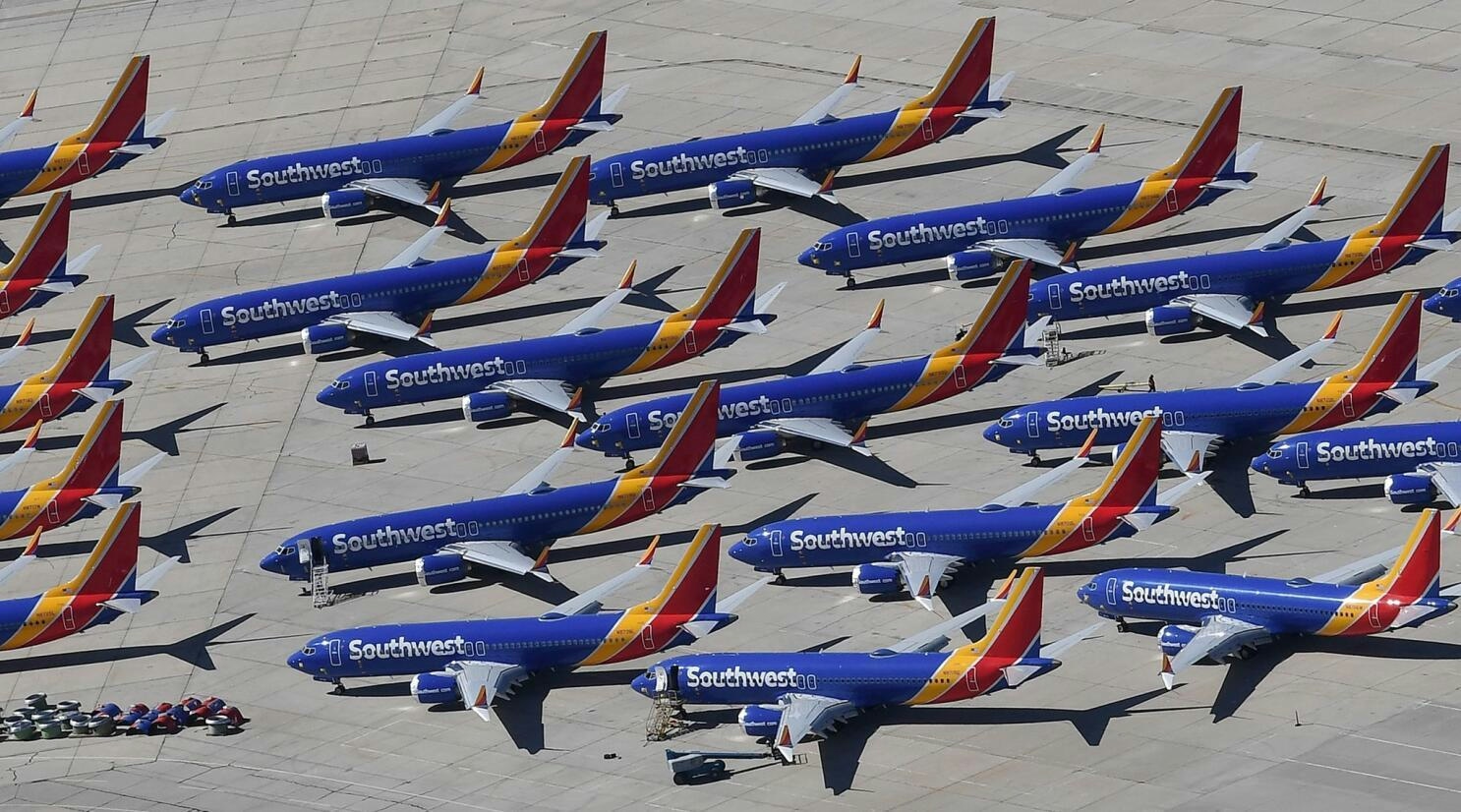
Southwest Joins Other Major Airlines in Operating the World’s Largest Narrowbody Fleets
